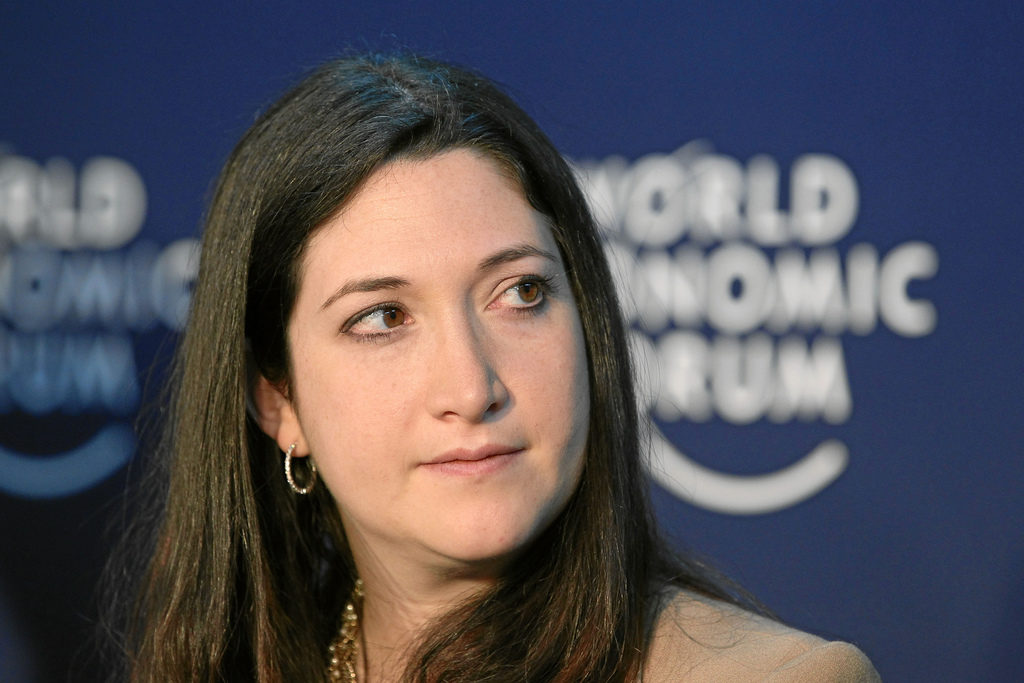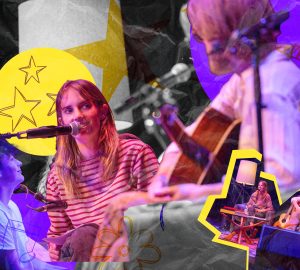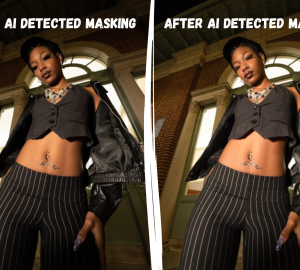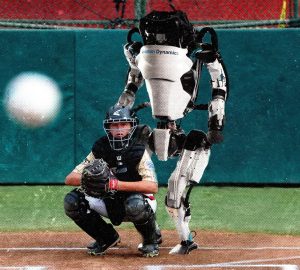Randi Zuckerberg taught us that great ideas can come from anywhere

Randi Zuckerberg, founder and CEO of Zuckerberg Media and sister of Mark Zuckerberg — the creator of Facebook — gave an enjoyable and informative lecture at SCADshow on April 9. Zuckerberg is also the author of two books: “Dot Complicated: Untangling our Wired Lives,” and “Dot,” a children’s book about a little girl who learns to balance human interaction with technology. “Dot” is being made into a children’s television show that will premiere in 2016.
The bubbly Harvard graduate began with a slideshow that illustrated the three ways in which Facebook was different and successful from other social media sites during its startup:
- Facebook launched with exclusivity. The social network staff pretended Facebook was selective and made sure that it only cropped up at colleges across the country one at a time to gain underground popularity.
- Facebook allowed users to display their real identities instead of pseudonyms. At one trusting point in time, over 75 percent of Facebook users posted their mobile phone numbers online.
- Facebook adopted a “cool engineering culture” in the way that employees were expected to receive personal treatment typical of a grassroots company and not a multi-billion-dollar cash pig.
Zuckerberg then informed us of a game-changing practice called the Hack-A-Thon. She explained how once a week, Facebook staff would pull all-nighters at the offices with DJ’s and food trucks at their disposals. The only catch was that they couldn’t work on their day job assignments, but instead had to create and present a new, personal project to the company the next morning. Zuckerberg admitted that not all of the ideas were winners. One example was from a fellow who wanted to combine his love for beer and technology by creating a keg that took a picture of you and uploaded it to Facebook whenever you got a drink.
However, this cool company culture encouraged employees to take risks and Zuckerberg stated that “out of every Hack-A-Thon, there was at least one product that was added to the website,” which showed that “a good idea can come from anywhere.”
Zuckerberg was also kind enough to share her observations of current trends in social media and business. The highlights of Zuckerberg’s advice are listed below.
Think like a media company.
The way we present ourselves online reveals a lot about our professional and personal lives. If you post something on social media and have at least one person react to it online, then you are a media company. Therefore, Zuckerberg advised us to avoid over-sharing and “vague-booking” on social media to keep up our credibility and intrigue to the public. Red Bull achieved this by live-streaming Felix Baumgartner’s space jump, which became the biggest live-streaming event in history. Fashion designer Diane Von Furstenberg had models wear Google Glass during one of her shows in order to give viewers-at-home the experience of what it was like to walk on a runway. Randi Zuckerberg wore Google Glass herself during her time in the cast of Broadway’s “Rock of Ages” to let viewers see what it’s like to be in a Broadway show. It should be known that Google Glass was discontinued about a month ago.
Re-inventing retail.
Zuckerberg sold this phenomenon with the tagline: “cash is not the only currency.” In other words, some companies care more about vocal support on social media than cash intake. Don’t believe me? Check out the “Birdseye Cafe” in London where customers can get a free meal by tweeting their food and showing it to their waiter. The Merit Shop is a website where consumers pay with talent by uploading a video of a skill of theirs to get products like shoes and iPods. Maybe the most impressive offer, the 1888 Hotel in Sydney, Australia allows Instagram users with at least 10,000 followers a free night’s stay. It just goes to show there are several opportunities to get free stuff through social media if you look hard enough.
Education and healthcare.
Technology is also shaping education and healthcare for the better. Skillshare is an app that allows anyone to take a class in anything and popexpert lets you contact any professional from around the world to learn a specific skill or hobby. Doctor on Demand lets you avoid unnecessary death scares from WebMD searches and instead virtually consult a real doctor via live-stream who will diagnose you on the spot. Also, there are contact lenses for diabetic people that monitor their blood sugar levels. Plenty of fitness inventions are available that challenge you to get in shape in hilarious and mortifying ways such as: Zombies, Run! an app that simulates zombies chasing you when you run, a laundry machine exercise bike that washes your clothes as you pedal and a scale that alerts everyone of your weight by sending a tweet to the masses.
Unplug to refresh.
Zuckerberg stressed more than anything how important it is to balance your technological needs with face-to-face social interaction by recounting a time when one of her kid’s friends called her laptop “Grandpa” when he came over for a playdate. The child’s mom shrugged it off and told Zuckerberg that they Skype with their grandfather so much that the kid thinks he lives in the computer. This sad anecdote helps us realize that there are some apps that are just plain unnecessary and encourage laziness. For example, the Break-up text app drops the bomb for you on your significant other while the BroApp schedules everyday texts to your partner like “good morning beautiful” and “sweet dreams” to be sent out at the same time every day for a whole week. In response to the ever-present technological typhoon, Fischer and Friends advertising agency developed the anti-smartphone ice-breaker, the Offline glass. This is an alcoholic container that is only able to balance your drink by docking a phone underneath it, forcing you to interact with flesh-and-bone people.
The charming business guru ended the evening on a satiric note by singing a spoof of “Part of Your World” from Disney’s “The Little Mermaid” that spread the message of how people need to live their lives offline and relate to real people too. Randi Zuckerberg not only offered insightful new trends to help us prepare for the modern age of technology, but also connected with an audience of all ages and backgrounds on an entertaining and human level.



























